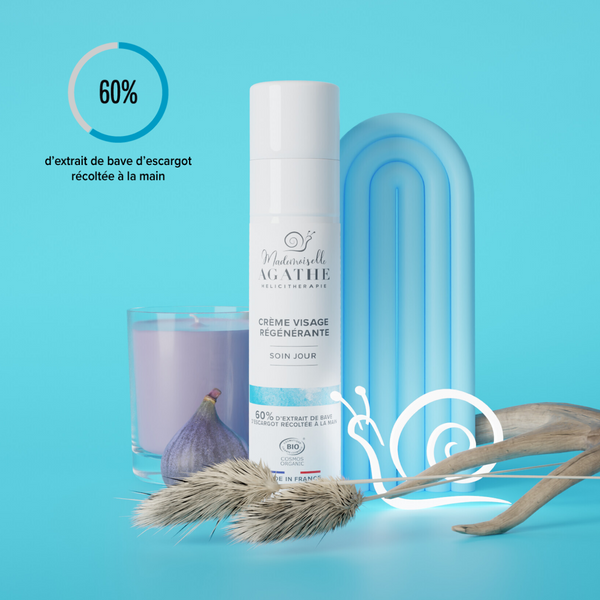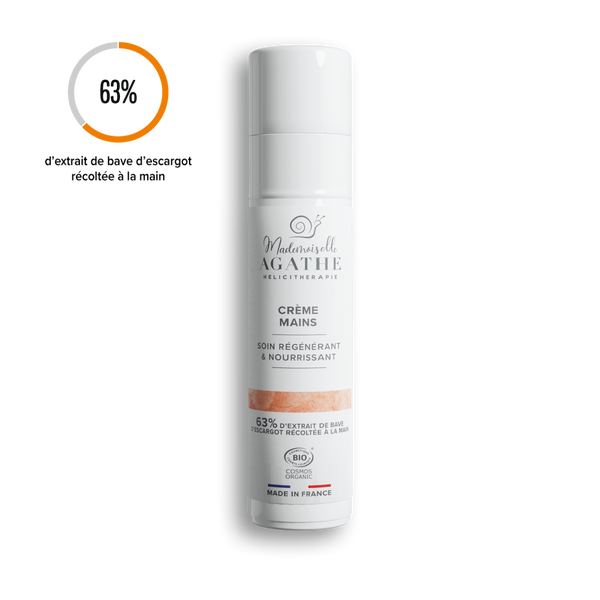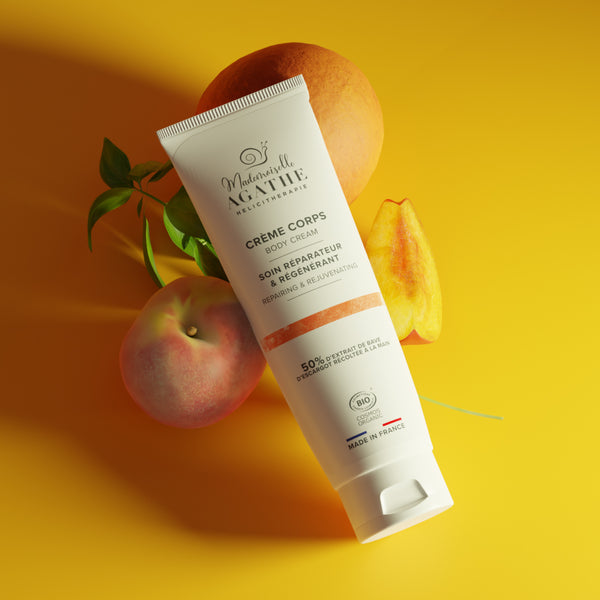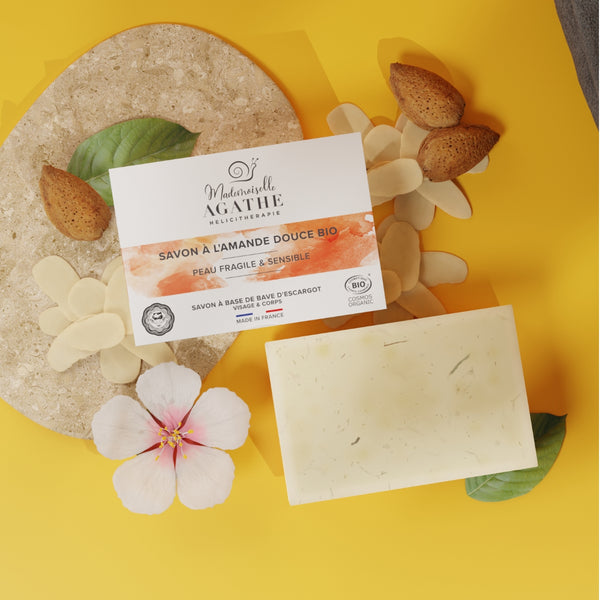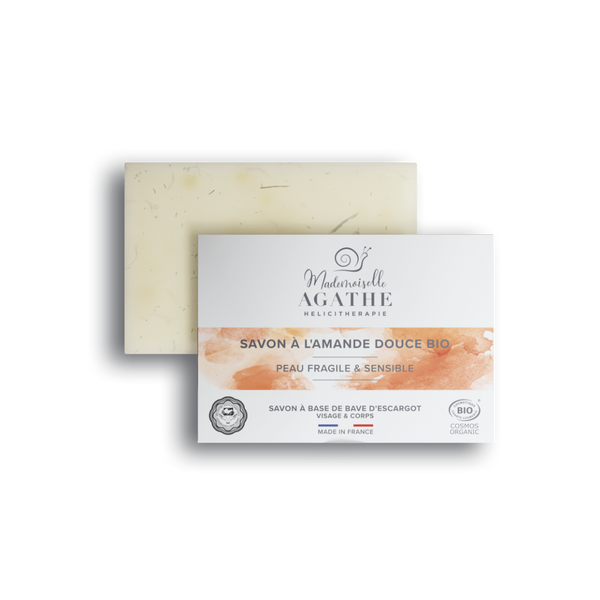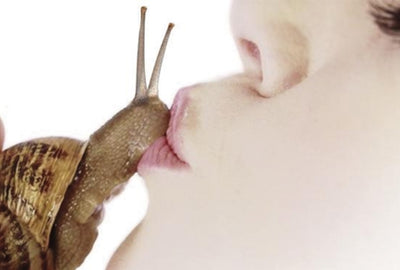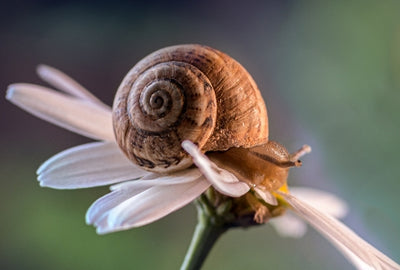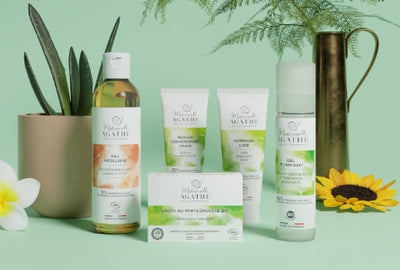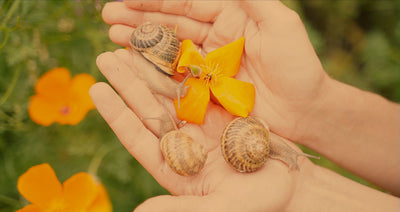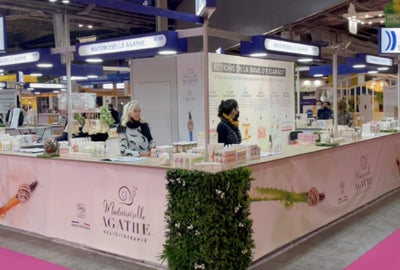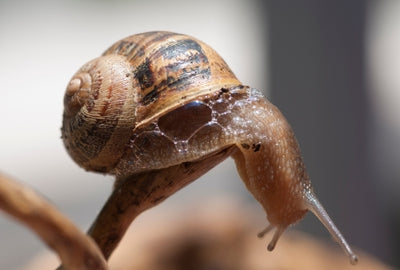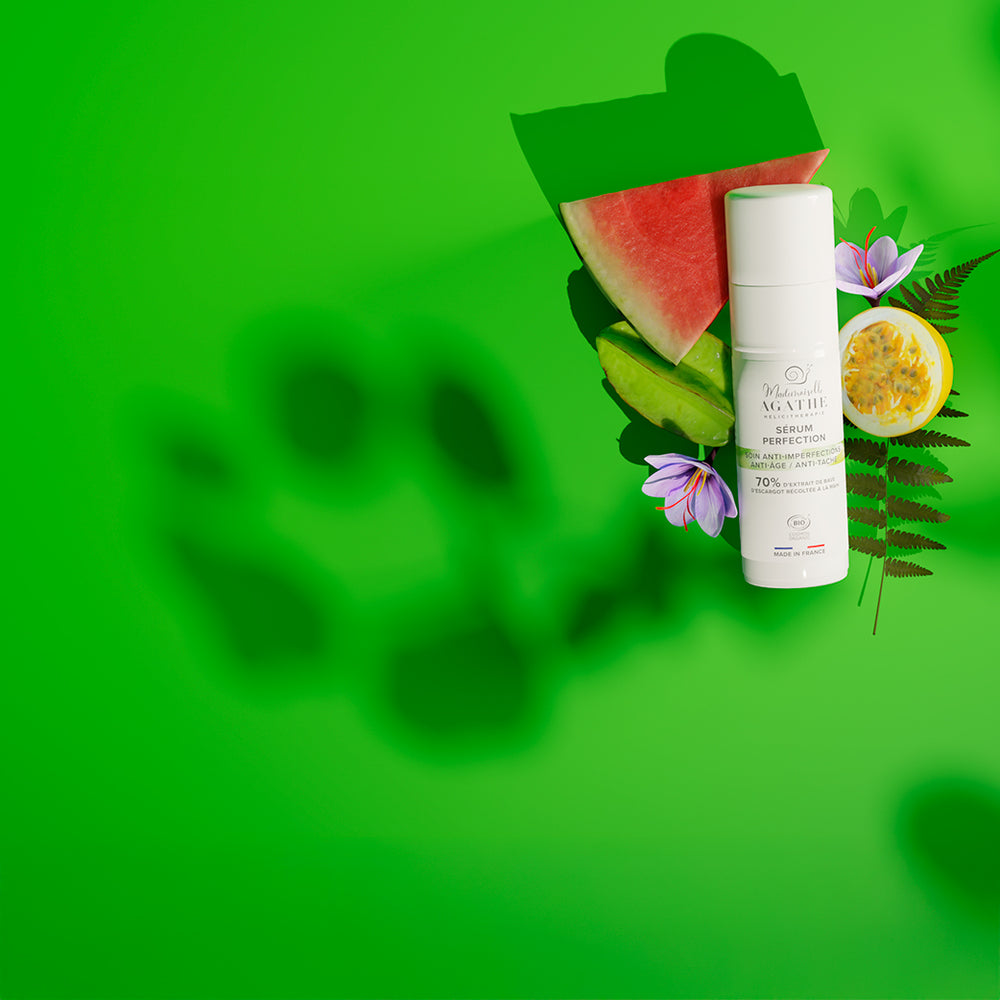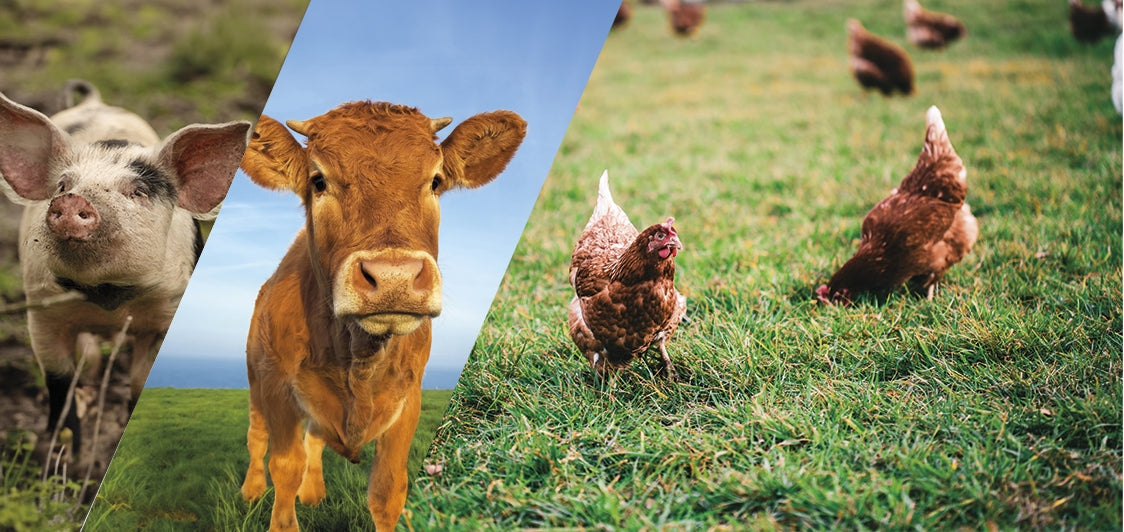
Organic cosmetics therefore not vegan!
Organic farming renounces chemical fertilizers and other synthetic substances as well as GMOs.
It promotes livestock farming for soil fertility and agroecological balance, while prioritizing the environment, biodiversity, human health and animal well-being.
It therefore seems difficult to claim the term vegan on an organic cosmetic when the majority of the plant ingredients that compose it have been fertilized with animal effluvia such as manure, slurry, compost, etc.
5 reasons to favor ingredients of animal origin in organic cosmetics
When we think of organic cosmetics, our minds often turn to plants and minerals. However, animal ingredients have a well-deserved place on our bathroom shelf. Here's why :
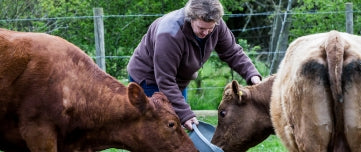
1
Livestock: a pillar of organic agriculture
Organic farming would not be complete without livestock farming. Animals play a crucial role in the life cycle of farms, helping to enrich the soil, maintain ecosystem balance and enable more natural production methods.
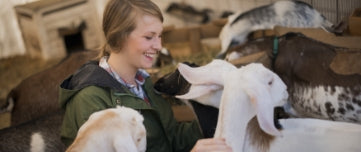
2
Promoting co-products: a way of recognizing the breeder’s commitment
Each time we use an ingredient of organic animal origin in our cosmetics , we help to promote the hard work of breeders. They are committed to animal welfare and ensure that each animal is treated with respect and dignity.
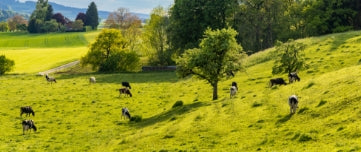
3
Biodiversity preserved thanks to organic farming
Organic livestock farms play a crucial role in preserving biodiversity. By keeping the land open, they avoid monoculture and encourage a variety of species to thrive, from plants to insects to animals.

4
Supporting farmers who need it
By choosing products that contain ingredients of animal origin, you help to economically support farmers and breeders. The latter can then obtain a fair price for their products and continue to manage their farms in a sustainable manner.

5
Better acceptability for the skin
Animal-derived ingredients often have unique properties that benefit the skin. Whether it's collagen, keratin, or other components, they provide benefits that plant-based ingredients often can't match.
Livestock breeding is an essential dimension of respecting natural balances, promoting harmony between soils, plants and animals.

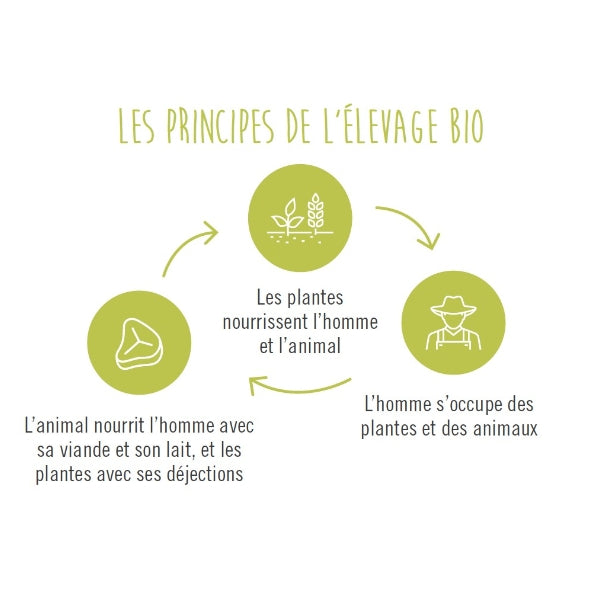

Support a virtuous circle! Harmony between soils, plants and animals
Organic farming is a method of production and processing that respects the environment, animal welfare and biodiversity, which provides solutions to climate change.
Maintaining a diversity of animals and plants helps promote a resilient agricultural system. For example, it is thanks to agriculture that the biodiversity of territories is formed. Grazing herds feed an entire local ecosystem: insects that feed on manure, manure that enriches the soil, birds that feed on insects, hedges that shelter small mammals, etc.
Organic farming: a valuable source for natural cosmetics!
But we explain to you why it is important to promote both plant ingredients and ingredients of animal origin in your cosmetic care. Indeed, supporting breeders in organic farming means offering them additional outlets which will better promote their commitments to animal welfare.
Here we invite you to discover 5 fundamental principles of organic farming:
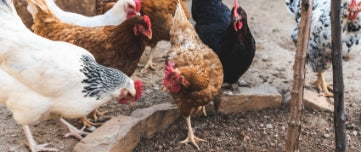
1st principle: choose breeds adapted to their environment.
Animal breeds, unlike plant varieties, are managed as "common goods", there are no private property rights on the breeds which belong to collectives of breeders who agree on their definitions, by selecting breeds naturally resistant to local climatic conditions, breeders guarantee their well-being and health, thus ensuring the sustainability of their lines.
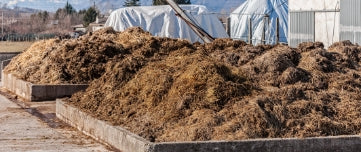
2nd principle: promote organic materials
Organic farming optimizes the use of animal waste. Mixed with straw, they become natural fertilizers, thus promoting the healthy growth of plants, which can be used in cosmetic products.
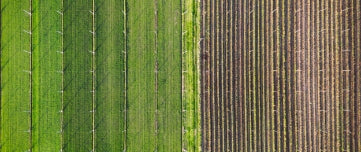
3rd principle: crop rotation to preserve the soil
Natural land enrichment through crop rotation guarantees healthy soils. For example, a rotation between corn and wheat prevents the proliferation of pests. In addition, the hedges surrounding the fields protect the soil against erosion, thus preserving water quality and biodiversity.
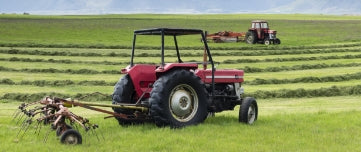
4
4th principle: aim for farm autonomy
By feeding animals with locally produced organic plant foods, breeders exclude GMOs and chemicals. The use of traditional methods, such as mechanical tillage, also helps reduce dependence on chemicals.
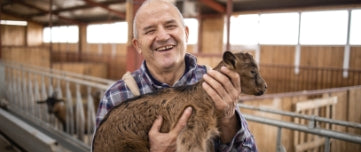
5
5th principle: guarantee animal welfare
Providing animals with a healthy and safe environment is essential. Whether it rains or the sun shines, animals have suitable spaces, allowing them to live according to their natural needs.

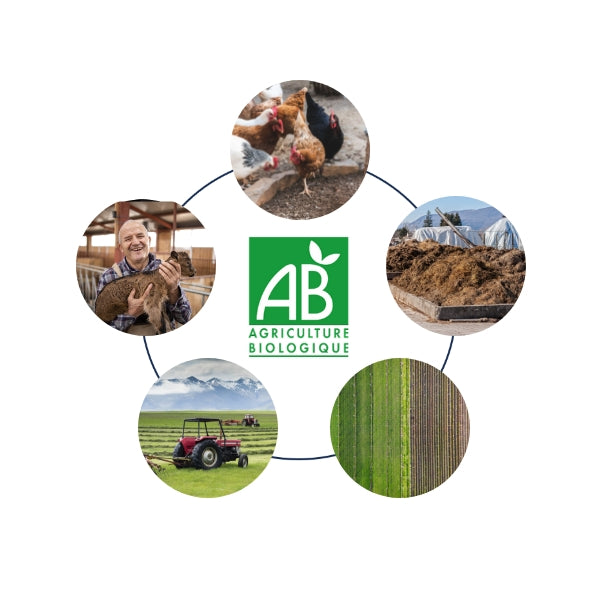

Don't break the circle!
If you want to support regenerative agriculture which contributes to the protection of biodiversity, the climate, humans and the environment, no longer be fooled by the Vegan logo attached to an organic logo.
We hope you understand, without the animal, the virtuous circle breaks. Let us respect the cycles of nature, which are so exceptional that it seems unthinkable to believe that humans would have a better solution.
Let's respect nature and these cycles!
